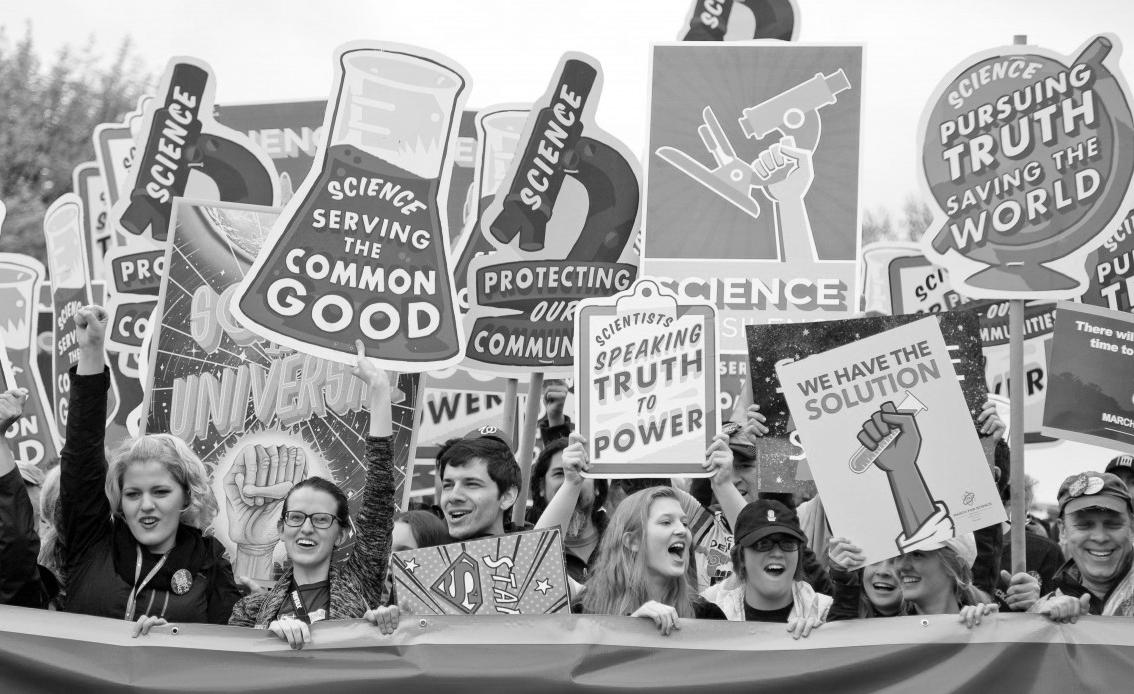Perspectives
Returning to Pride's Intersectional Roots Alex Jacobs / International Affairs and History 2022
T
he 1969 Stonewall Riots, one of the major kickoff points for the gay liberation and modern LGBTQ+ rights movements, was a multi-night rebellion against the police.[1][2][3] Black trans women of color, namely Marsha P. Johnson and Miss Major GriffinGracy, were central figures at Stonewall and in the movement it sparked.[4][5] The Christopher Street Gay Liberation Day March in 1970, which commemorated the first anniversary of the Stonewall Riots, inspired similar marches around the US, eventually leading to our present-day Pride parades.[6] The original protests were led by some of the most marginalized community members, including people of color, trans women, homeless people, and sex workers. But today
6
Fall 2020
it is increasingly corporatized.[7][8] This commercialization has created problems—such as organizers’ involvement with military contractors, a focus on brands rather than community organizations, and expensive parade fees—that marginalize vulnerable community members. [9] Increased police presence also makes some people of color feel less safe at Pride parades.[10] Mainstream Pride events do not reflect the intersectionality of the community, its history, or its members. However, in the unique circumstances of 2020, Black LGBTQ+ people made sure their voices were heard and began to shift Pride back toward intersectionality. Lawyer, civil rights advocate, and professor Kimberlé Crenshaw describes intersectionality as the “interactive effects
of discrimination.”[11][12] People at an intersection of marginalized identities—race, gender, class, sexuality—are affected differently by politics and systemic oppression, often excluded from discrimination discussions that focus on “otherwise-privileged” members of any particular identity. [13][14] In the LGBTQ+ community, an awareness of intersectionality means that we do not think everyone’s experiences are the same as those of White, wealthy, able-bodied, cisgender, gay men. Awareness of intersectionality helps us to acknowledge, understand, and ground our differences in identity and experiences. [15] Thus, we can make space for these differences in our construction of group politics
nupoliticalreview.com











